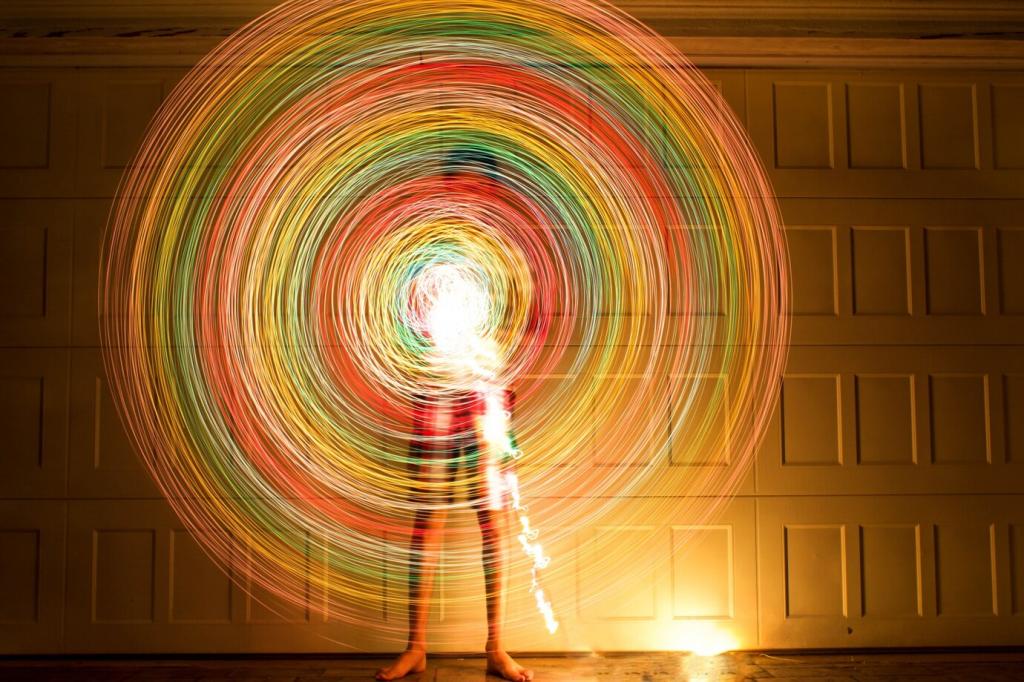Films That Explore Mental Health
Films play a critical role in shaping our perceptions and understanding of mental health. Through powerful storytelling, nuanced performances, and evocative cinematography, cinema can challenge stereotypes, spark conversations, and foster empathy. As audiences, we are given entry points into complex worlds that might otherwise remain hidden or misunderstood. This exploration aims to delve into how films have approached mental health, the impact they have had on awareness and stigma, representations that stand out, and the ways cinema can continue to be a catalyst for positive change in the mental health discourse.
The Importance of Mental Health Representation in Film
01
Shaping Public Perception
Cinema’s wide reach means that many people’s primary exposure to mental health issues comes through film. When characters are presented with depth and realism, audiences are more likely to regard individuals experiencing mental health conditions with compassion rather than fear or misunderstanding. These depictions shape public dialogue and can lead to a more aware and supportive society. On the other hand, poor representation can perpetuate myths, stigmatize disorders, or present recovery as simplistic. The responsibility of shaping perception is enormous, and filmmakers must be conscious of the stories they tell and the impact those stories may have beyond the screen.
02
Empowering Personal Experiences
For those who have lived with mental health challenges, seeing relatable characters on screen can be validating and empowering. When a film thoughtfully depicts struggles such as depression, anxiety, or bipolar disorder, it sends a message that these experiences are real and worthy of attention. This representation can help individuals feel less isolated and may even encourage them to seek support or share their experiences with others. It also creates opportunities for those around them to gain valuable insights, fostering openness within families and communities.
03
The Role of Creative Storytelling
Storytelling allows audiences to step into another’s shoes, even if only for a moment. Creative approaches—whether through metaphor, visual symbolism, or non-linear narratives—can evoke the internal experiences of mental illness in ways that words alone cannot. Filmmakers often utilize unique storytelling techniques to give viewers a visceral sense of struggle, confusion, hope, or resilience. By creatively conveying these realities, films can communicate the nuance of mental health journeys, challenge stereotypes, and inspire deeper empathy among diverse audiences.
Notable English-Language Films Addressing Mental Health
“A Beautiful Mind” tells the story of John Nash, a brilliant mathematician whose struggles with schizophrenia threaten to upend his career and personal life. The film’s nuanced portrayal of Nash’s delusions, relationships, and moments of clarity humanizes his experience, challenging misconceptions about the illness. Rather than reducing Nash to his diagnosis, the film emphasizes his resilience, intelligence, and enduring humanity. Nonetheless, it also faced criticism for creative liberties taken with details from Nash’s real life. Still, “A Beautiful Mind” remains a pivotal film in raising awareness and encouraging nuanced discussion about mental health and its impact on both the individual and their loved ones.


Changing Societal Attitudes
Film’s ability to evoke empathy is unparalleled, and when stories about mental health are told with honesty, they have the potential to transform societal views. Over time, popular movies that thoughtfully address mental illness help normalize conversation, encouraging openness instead of shame. As audiences witness the humanity of characters grappling with conditions like addiction, anxiety, or schizophrenia, barriers of fear and ignorance are broken down. This collective exposure gradually fosters a culture where seeking help is not only accepted but encouraged, and where individuals feel seen and heard rather than marginalized.

Starting Difficult Conversations
One of the most valuable contributions film can make is opening the door to conversations that might otherwise feel too daunting. By bringing mental health struggles into the mainstream, movies help validate personal experiences and offer language for discussion. After watching a film that resonates, viewers may feel more comfortable sharing their own stories or reaching out for support. For friends and family members, cinematic portrayals can offer new understanding and insight, resulting in more meaningful, supportive relationships. Through storytelling, films offer society a common reference point for broaching topics that often remain hidden.

Inspiring Advocacy and Change
The ripple effect of powerful mental health narratives in cinema can extend to advocacy and reform. Thought-provoking films often inspire audiences to become advocates themselves, speaking out against harmful stereotypes and demanding better resources or services for those in need. In some cases, impactful movies have led to increased funding for mental health initiatives, legislative change, or the launch of educational campaigns. By highlighting both the struggles and strengths of those affected by mental illness, cinema can motivate viewers to take action in the real world, striving for a more inclusive and empathetic society.
